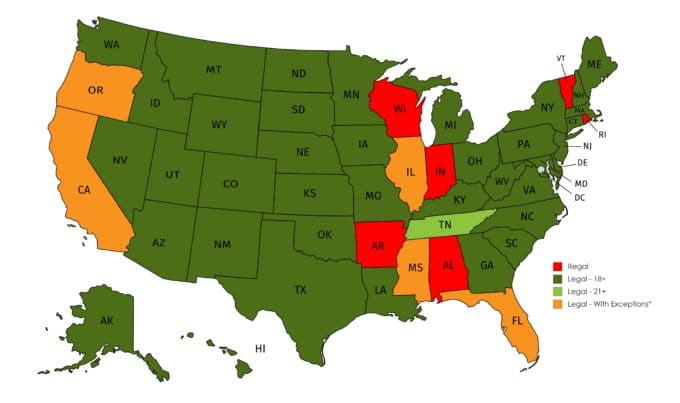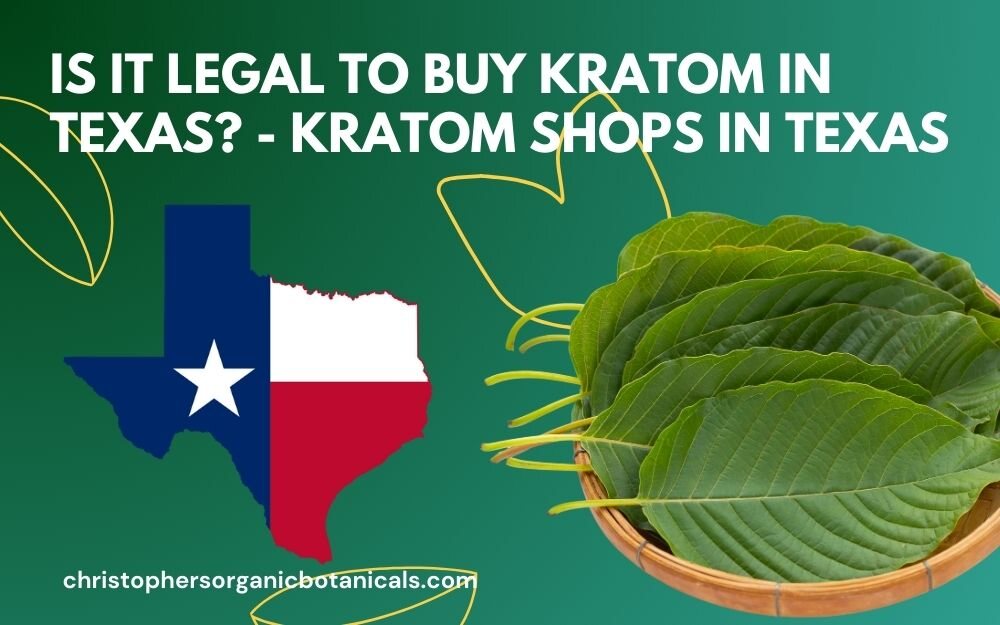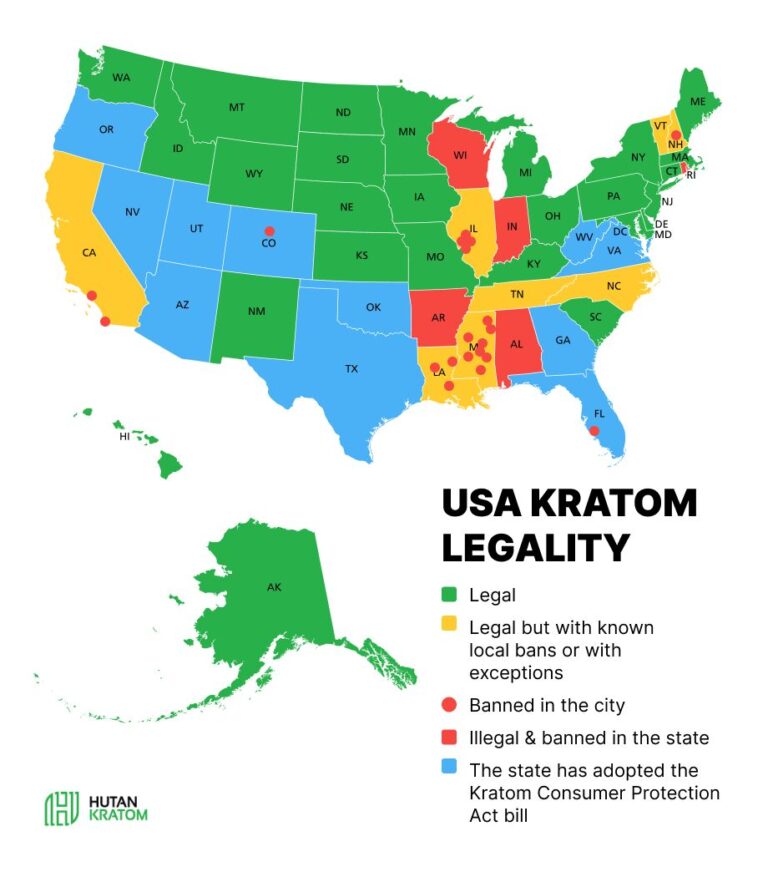Is Kratom Legal In Texas 2025

The Texas sun beat down on the farmers market in Austin, the air thick with the aroma of fresh tamales and blooming wildflowers. Amidst the colorful chaos, a vendor was quietly explaining the benefits of a leafy green powder to a curious customer. This wasn't matcha or spirulina; it was kratom, a plant-based supplement sparking passionate debate across the state.
As we look ahead to 2025, the legal status of kratom in Texas remains a complex and evolving issue. While it's currently legal at the state level, concerns about its safety and potential for misuse continue to fuel discussions among lawmakers, public health officials, and community members. This article delves into the current landscape, exploring the ongoing debates and potential future for kratom in the Lone Star State.
A Brief History of Kratom
Kratom, derived from the Mitragyna speciosa tree native to Southeast Asia, has been used for centuries in traditional medicine. Its leaves contain compounds that interact with the brain's opioid receptors, producing stimulant effects at lower doses and sedative and analgesic effects at higher doses. Traditional uses include pain relief, energy boosting, and mood enhancement.
In recent years, kratom has gained popularity in the West as a natural alternative for managing pain, anxiety, and opioid withdrawal symptoms. This surge in popularity has also brought increased scrutiny and regulatory challenges.
Texas' Current Stance on Kratom
As of late 2024, kratom is legal in Texas at the state level. However, this legality is not without caveats. Several attempts have been made to regulate or ban kratom, reflecting concerns about public safety and potential for abuse.
The absence of comprehensive federal regulation has left individual states to navigate the complexities of kratom regulation independently. This has led to a patchwork of laws across the country, with some states banning it outright, others regulating it, and still others taking a wait-and-see approach.
The Kratom Consumer Protection Act
The Kratom Consumer Protection Act (KCPA) is a model law designed to regulate the manufacturing, distribution, and sale of kratom products. It aims to ensure product safety, prevent adulteration, and restrict sales to minors.
Several states have already adopted the KCPA, and it is increasingly seen as a sensible approach to regulating kratom. The KCPA typically includes provisions for labeling requirements, testing for contaminants, and prohibiting the sale of adulterated products.
Texas has considered versions of the KCPA in past legislative sessions. While these efforts haven't yet resulted in statewide legislation, they indicate a growing interest in establishing a regulatory framework for kratom.
Arguments For and Against Kratom Legalization
The debate surrounding kratom is multifaceted, with passionate arguments on both sides. Proponents emphasize its potential benefits for pain management, anxiety relief, and opioid withdrawal.
Many individuals report that kratom has significantly improved their quality of life, allowing them to manage chronic pain or overcome opioid addiction. They argue that banning kratom would deprive them of a valuable tool for managing their health.
Conversely, opponents raise concerns about the lack of rigorous scientific research on kratom's long-term effects and potential for abuse. They point to reports of adverse events, including addiction and overdose, associated with kratom use.
Public health officials often express concern about the lack of standardization in kratom products. This variability in potency and composition can make it difficult for consumers to know what they are taking, increasing the risk of adverse effects.
Looking Ahead to 2025
Predicting the future of kratom legality in Texas is challenging, but several factors suggest possible directions. The growing awareness of the KCPA and its potential benefits could lead to renewed efforts to pass similar legislation in Texas.
The outcomes of ongoing research into kratom's safety and efficacy will also play a crucial role. If further studies confirm its potential benefits and identify safe usage guidelines, it could strengthen the case for regulation rather than prohibition.
The political climate in Texas will also influence the debate. Lawmakers' attitudes towards alternative medicine and harm reduction strategies will shape their approach to kratom regulation.
Potential Scenarios for 2025
Several scenarios could unfold in Texas regarding kratom legality by 2025. One possibility is the passage of a KCPA-style law, establishing a regulatory framework for kratom products.
Another scenario is the continuation of the status quo, with kratom remaining legal but unregulated at the state level. This could lead to ongoing concerns about product safety and quality control.
A third possibility, though less likely, is a move towards stricter regulation or even prohibition, driven by concerns about public health and safety. This could be influenced by negative publicity or further reports of adverse events associated with kratom use.
The Importance of Informed Decision-Making
Regardless of the legal status of kratom in 2025, it's crucial for individuals to make informed decisions about its use. This includes consulting with healthcare professionals, researching reputable sources of information, and understanding the potential risks and benefits.
Consumers should be wary of unsubstantiated claims and prioritize products that have been tested for purity and potency by independent laboratories. Open communication with healthcare providers is essential for managing any potential interactions with medications or underlying health conditions.
Conclusion
The story of kratom in Texas is far from over. As we approach 2025, the debate continues, driven by passionate advocates, concerned lawmakers, and individuals seeking alternative solutions for their health needs. The future of kratom in the Lone Star State hinges on informed discussions, evidence-based decision-making, and a commitment to protecting public health while respecting individual autonomy. The sun may set on current ambiguities, but the dawn will bring clarity shaped by these ongoing conversations.


















